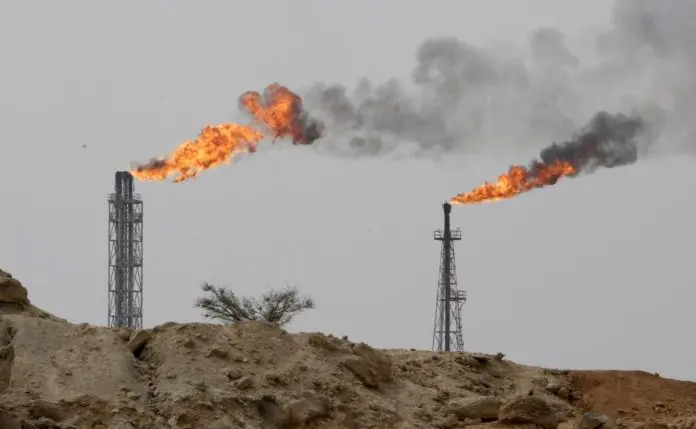- P.O. Box: 11482 Yaoundé, Cameroon; Headquarters: Efoulan, Yaoundé 3
- contact@caessinternational.org

Angola is becoming a key player in natural gas production, thanks to the exploitation of a new offshore gas field. This development represents a significant economic opportunity for the country, enabling it to strengthen its position in the global natural gas market. The Cabinda Gulf Oil Company Limited (CABGOC), a Chevron subsidiary, and its partners have brought gas online through the Sanha Lean Gas Connection project in Benguela Province, western Angola. The site is expected to supply the Soyo power plants as well as the Angola LNG natural gas liquefaction plant.
Situated in both Central and Southern Africa, Angola has a developing economy rich in natural resources, notably oil and natural gas. The exploitation of the new offshore natural gas field is a remarkable opportunity for Angola to diversify its economy and reduce its dependence on oil. This development can increase the country’s natural gas exports and strengthen its position in the global market. It can also attract foreign investments in the energy sector and promote economic growth.
To this end, a new platform has been designed, constructed, and integrated into the existing infrastructure to transport gas from CABGOC to the facility. Angola LNG is expected to receive 80 million standard cubic feet per day in the first phase of the project. The next step will involve commissioning an additional compression module, raising capacity to 220 million standard cubic feet per day. This volume will be added to the 300 million standard cubic feet already exported to Angola LNG via the Congo River Crossing pipeline. The infrastructure will thus operate at full capacity of 600 million standard cubic feet per day.
Key stakeholders in exploiting this new offshore gas field include the Angolan government, oil companies, and foreign investors. The Angolan state plays a crucial role in regulating the energy sector and negotiating contracts with oil companies, while the oil companies are responsible for production and marketing of the natural gas.
However, the country must manage the environmental impacts of natural gas production, including air and water pollution. Angolan authorities also need to address the social impacts, such as the resettlement of local communities. Neighboring countries, including the Democratic Republic of Congo (DRC), Namibia, and Zambia, could benefit from this natural gas production to meet their energy needs, which can contribute to regional economic growth.
In summary, the exploitation of this new offshore natural gas field represents a major economic opportunity for Angola. It can boost the country’s natural gas exports and reinforce its global market position. Nevertheless, the project also poses significant challenges, especially regarding the management of environmental and social impacts linked to natural gas production.